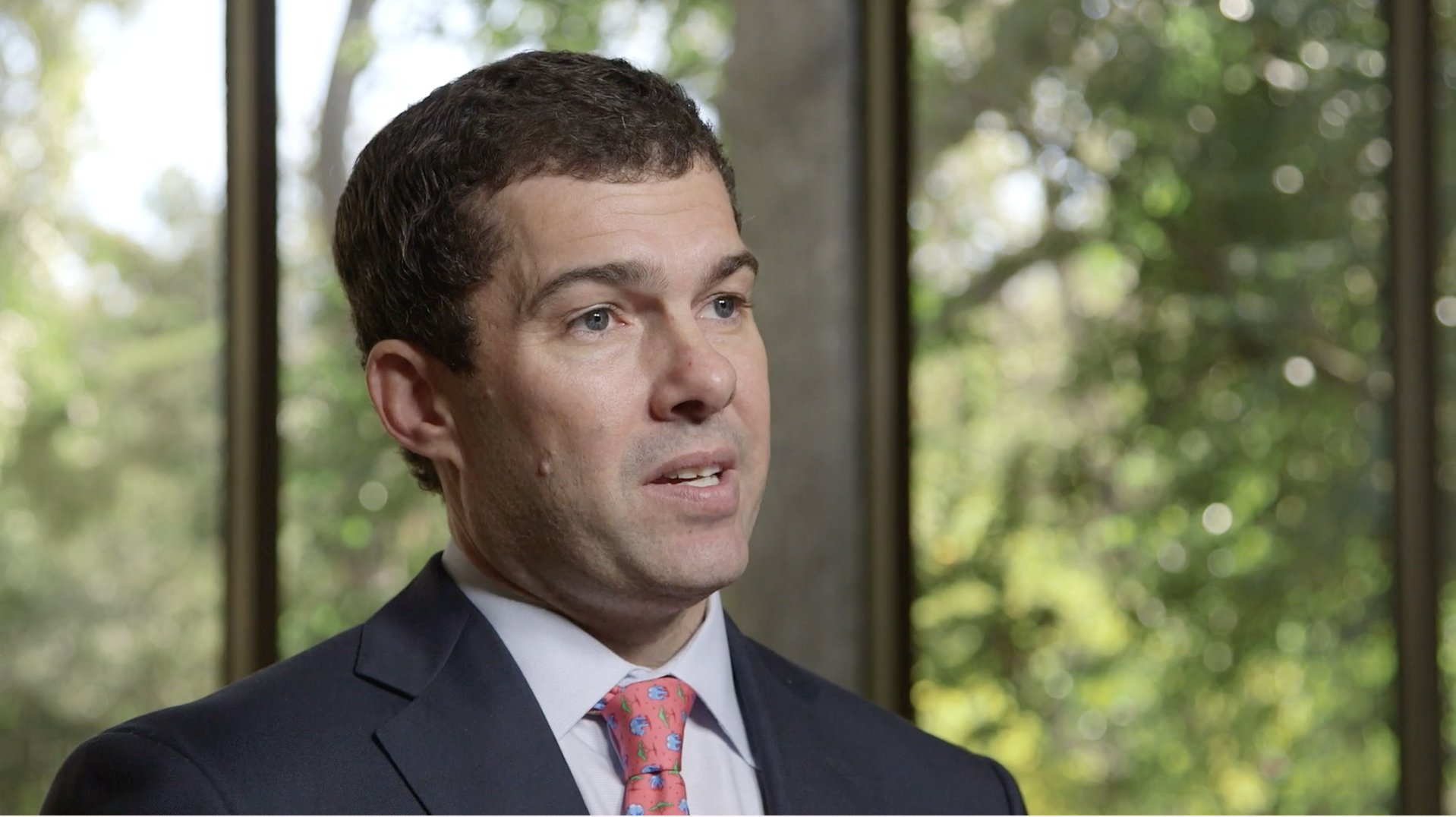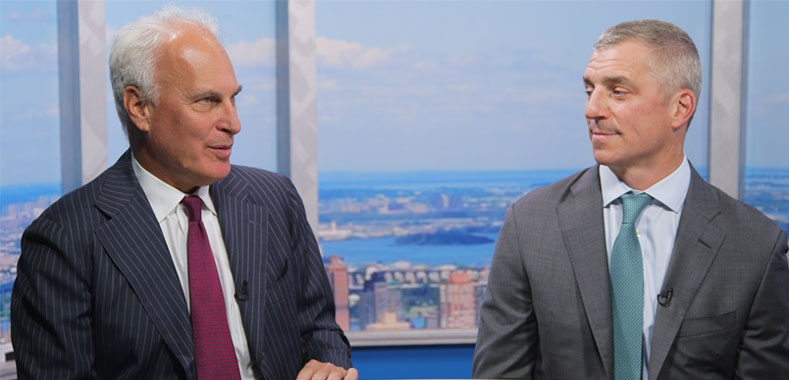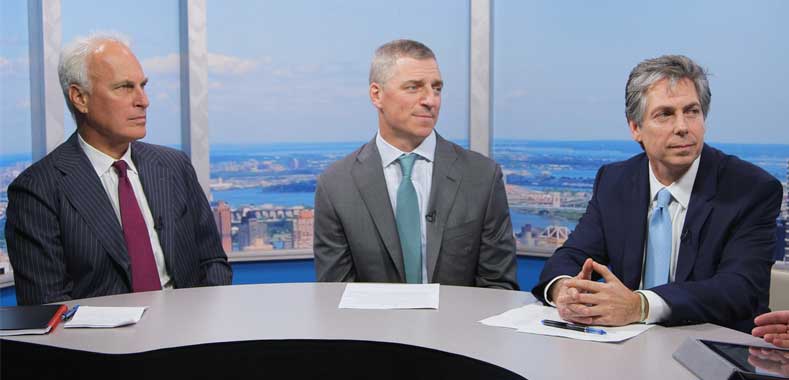Fundraising: ‘Micro-Specialists’ and Emerging Managers on the Rise
Transcript Download Transcript
Fundraising: Micro-Specialists and Emerging Managers on the Rise
Privcap: What are the biggest trends you’re seeing in fundraising today?
Jeff Eaton, Eaton Partners:
We’re seeing two significant trends in fundraising right now. One is this trend towards more specialization, and the other is a trend towards investors wanting to back emerging managers that are spinning out of more established firms.
What is a micro-specialized fund?
Eaton: We raised, I believe, six private equity funds over the last 12 months. Almost all of them were highly specialized. What I mean by that is a very specific strategy and very specific geographical focus and, on the real assets side, we’ve raised five funds over the last 12 months. Again, every single one of those fundraises has had very specialized focus.
For instance, on the North American buyout side, a hyper-focus on specific industries. So, we’ve seen a lot of focus on the industrial space, even industrial services space. If you think about that, 20 years ago, people were doing industrial as part of a broader, generalist strategy. Now, we’re seeing investors want to place very specific investments in managers that they believe are best in class, focused on industries that they think either evaluations are perhaps lower than other areas or there’s a real opportunity to add operational value.
Then, we’ve had some success raising geographically, specific funds. For instance, a Japanese buyout fund. For a long time, people did not think buyouts could exist in Japan. Our managers have proven otherwise and that was a very successful fundraise.
What’s driving the interest in “micro-specialization”?
Eaton: There are two factors really driving this trend. One, you’ve got investors looking for, I don’t want to call them arbitrage situations, but opportunities where maybe a certain industry or certain geography is undervalued, compared to others. Two, if you think about the evolution or the maturation of an investor, an analogy I often use is, if you’re billing out your personal investment portfolio, the first thing you probably invest in is an index fund. You could take some of the generalist buyout funds and view them as almost an index fund. That’s not anything against them—they clearly have done very well—but, as you get more experienced, more confident, you start to place more specialized bets.
What about the trend toward emerging managers?
Eaton: From the LP side, we’re seeing several factors that have gotten them, I don’t want to say more comfortable, because a lot of them have been investing in emerging managers for some time, but [based on] the empirical evidence on performance, there’s no doubt that emerging managers have historically outperformed. Yes, there’s more startup risk. There’s a risk that a first-time fund doesn’t make it, that the team doesn’t stay together, but those that do have typically outperformed more existing managers focused on the same space. I would say another big factor for an LP is, if you think about it, they’re making a 10–year or often longer commitment to somebody. We’re seeing this trend toward, “Hey, rather than investing in the fund that’s being managed by some individuals who may only have one fund left, let’s look for someone that we can maybe back for the next three or four funds.”
If you think about the evolution of the private equity industry—we’re now calling it in year 30, for all intents and purposes—we’re seeing the founders of some of those early firms get to retirement age. So, we’re seeing a succession issue. There’s some high-quality, very experienced management teams in their 30’s, 40’s and 50’s who either don’t want to wait to be named the successor to those founders or have an entrepreneurial bone in their body and they want to go out and raise their own funds.













